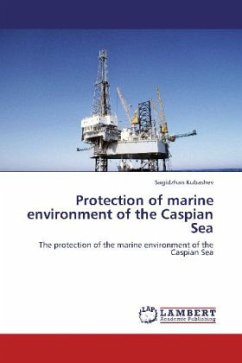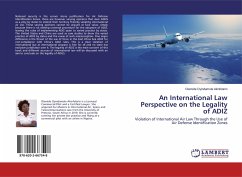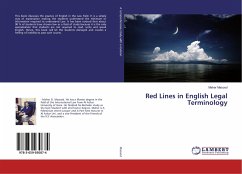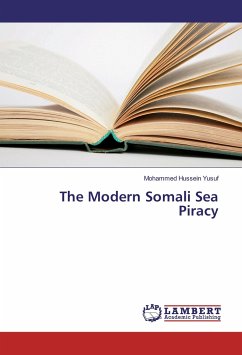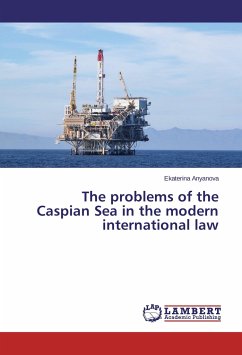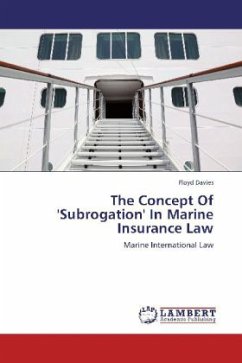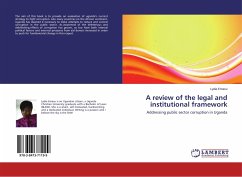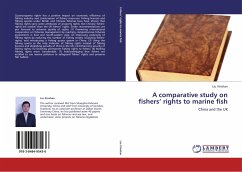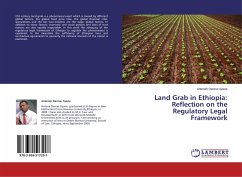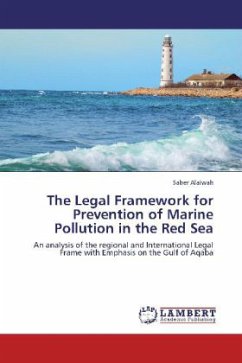
The Legal Framework for Prevention of Marine Pollution in the Red Sea
An analysis of the regional and International Legal Frame with Emphasis on the Gulf of Aqaba
Versandkostenfrei!
Versandfertig in 6-10 Tagen
32,99 €
inkl. MwSt.

PAYBACK Punkte
16 °P sammeln!
The opening of the Suez Canal in 1869 made the Red Sea one of the most important shipping routes connecting Europe with East Asia and Australia. The closing of the canal after the 1967 Arab-Israeli War, the building of pipelines to the Mediterranean Sea, and the construction of supertankers too large for the canal diminished the sea's importance as a commercial artery, especially for petroleum. In 1975, however, the canal was reopened and enlarged, and traffic through the sea increased. Suez, Egypt; Elat, Israel; Aqaba, Jordan; Jeddah, Saudi Arabia; Hodeida, Yemen; Massawa, Eritrea; and Port S...
The opening of the Suez Canal in 1869 made the Red Sea one of the most important shipping routes connecting Europe with East Asia and Australia. The closing of the canal after the 1967 Arab-Israeli War, the building of pipelines to the Mediterranean Sea, and the construction of supertankers too large for the canal diminished the sea's importance as a commercial artery, especially for petroleum. In 1975, however, the canal was reopened and enlarged, and traffic through the sea increased. Suez, Egypt; Elat, Israel; Aqaba, Jordan; Jeddah, Saudi Arabia; Hodeida, Yemen; Massawa, Eritrea; and Port Sudan, Sudan, are the main ports on the Red Sea and its northern arms. As Jordan's only marine outlet to the sea and as an important port for Israel and Egypt, the Gulf of Aqaba also serves as a significant waterway to the Middle East. In view of these characteristics, it is not unexpected that Egypt,Jordan and Israel start realizing the fact that sea pollution pays no attention to political boundaries - This whats the author is willing to conclude-.



